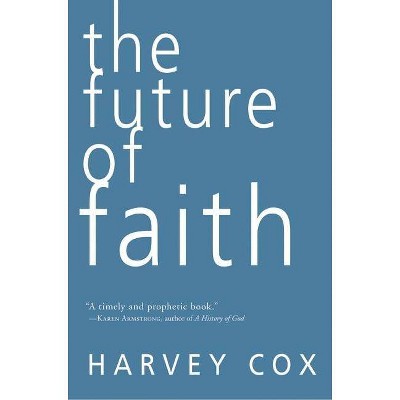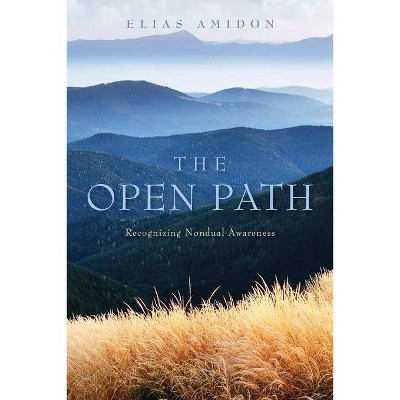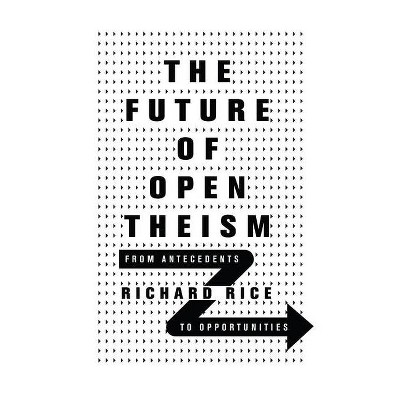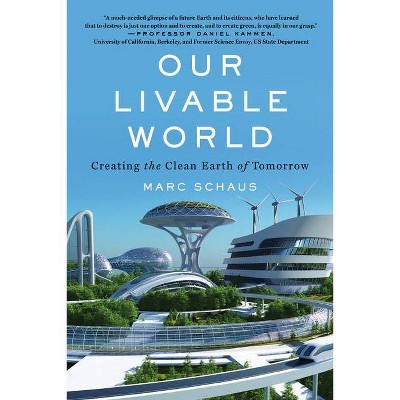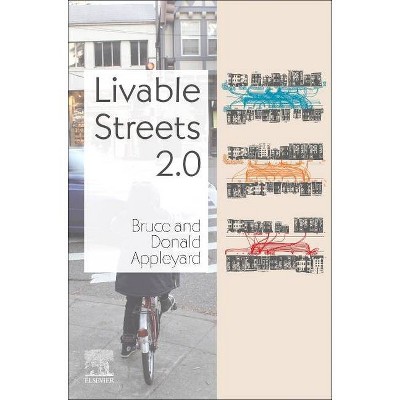The Path to a Livable Future - (Open Media) by Stan Cox (Paperback)
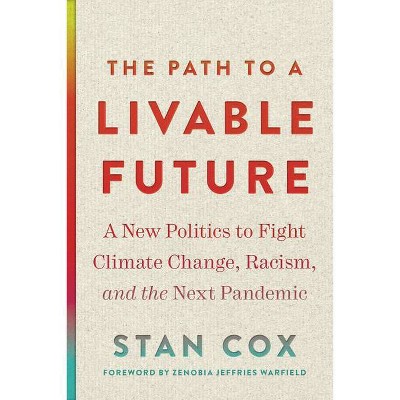
Similar Products
Products of same category from the store
AllProduct info
<p/><br></br><p><b> About the Book </b></p></br></br><p>An urgent call for the political transformation needed to address the common causes of climate change, COVID-19, and racism.</p><p/><br></br><p><b> Book Synopsis </b></p></br></br><p><strong>An urgent call for the political transformation needed to address the common causes of climate change, COVID-19, and racism.</strong></p><p>" . . . some big titles will address emergencies that have outlived Trump. <i>The Path to a Livable Future</i> by Stan Cox, explores the connections among the many crises of the past year and a half."<strong>--Dorany Pineda, <i>Los Angeles Times</i></strong></p><p>2020 was a year defined by crisis. For decades, scientists have been sounding the alarm about the urgency of addressing climate change, but it took COVID-19 to demonstrate clearly that the future of human life on Earth is interconnected and at risk. While the virus quickly spread across the globe, extreme weather events compounded the suffering and economic catastrophe. In the U.S., public demonstrations of outrage over the murder of George Floyd expanded to include a growing awareness of the pandemic's disproportionate impact on communities of color. In cities around the world, people took to the streets to protest racial inequity in all of its forms.</p><p>In <em>The Path to a Livable Future</em>, Stan Cox makes plain the connections between the multiple crises facing us today, and provides an inspired vision for how to resolve them. With a deeply informed, clear to-do list, Cox shows us how we can work together to address the climate emergency, white supremacy, and our vulnerability to future pandemics all at once. Our future depends on it.</p><p>"An iconoclast of the best kind, Stan Cox has an all-too-rare commitment to following arguments wherever they lead, however politically <br>dangerous that turns out to be."<strong>--Naomi Klein</strong></p><p>"Cox lays out a refreshingly grounded roadmap for the survival of all life on earth, based on up-to-date science, and anchored in the racial justice imperative."--<strong>Leah Penniman</strong>, co-founder of Soul Fire Farm, author of <em>Farming While Black: Soul Fire Farm's Practical Guide to Liberation on the Land </em></p><p>"Above all, he shows that a healthy, just, sustainable future is possible if we reduce our ecological footprint and share the earth's gifts equitably. For this we need to organize, resist, imagine, and forge another path together."--<strong>Vandana Shiva, </strong>author of <em>Who Really Feeds the World?: The Failures of Agribusiness and the Promise of Agroecology</em></p><p/><br></br><p><b> Review Quotes </b></p></br></br><br><p>"<i>The Path to a Livable Future</i> may be the most serious and thought-provoking new book on climate change available."--<b>Don Fitz, <i>New York Journal of Books</i></b><i><b> </b><br></i></p><p>"If you are a person who finds it difficult to cope with the environmental and climate crisis, <em>The Path to a Livable Future</em> furnishes a thoughtful, engaging introduction. If you are someone asking<em>, but what can </em>I <em>do? -</em> <em>The Path to a Livable Future</em> supplies both inspiration and ideas."--<b>Jane K. Brundage, <i>Resilience</i></b></p><p>"Stan Cox cuts through the fog of mediocrity and offers a clear, <br>honest vision for how social movements can win a truly just and <br>sustainable society. There are few books I would recommend as <br>wholeheartedly as this one. Don't miss it."--<strong>Jason Hickel</strong>, author of<em> Less is More: How Degrowth Will Save the World</em></p><p>"As<br> Cox shows in this devastating but clear-eyed assessment, the multiple <br>existential crises of our modern world--from climate change to <br>pandemics--are interrelated and can be traced back to centuries of <br>colonial domination of land and people."--<strong>Dina Gilio-Whitaker, </strong> author of <em>As Long As Grass Grows: The Indigenous Fight for Environmental Justice from Colonization to Standing Rock</em></p><p>"Stan Cox stands in a class of his own. . . . <em>The Path to a Livable Future </em>is<br> a testament to the fact that meaningful responses to the multifarious <br>crises we face are unlikely to come--first and foremost--from traditional <br>urban liberal strongholds."<strong>--Felix Marquardt</strong>, author of<em> The New Nomads: How the Migration Revolution is Transforming our Lives for the Better</em></p><p>"[Stan<br> Cox] offers clear steps to achieving the state of being required to <br>launch a desperate fight to save the Earth (and our position in it) from<br> all-out disaster. . . . His latest book must be read and his clarion <br>call heeded."--<strong>Romi Mahajan<em>, Countercurrents</em></strong></p> <p/><br><p/><br></br><p><b> About the Author </b></p></br></br><p>Stan Cox began his career in the U.S. Department of Agriculture. For twenty years Cox was the Lead Scientist at The Land Institute, where he currently serves as a research scholar in Ecosphere Studies. Cox is the author of <em>The Green New Deal and Beyond: Ending the Climate Emergency While We Still Can;</em> <em>Any Way You Slice It: The Past, Present, and Future of Rationing</em>, <em>Losing Our Cool: Uncomfortable Truths About Our Air-Conditioned World (and Finding New Ways to Get Through the Summer)</em> and <em>Sick Planet: Corporate Food and Medicine</em>. His writing about the economic and political roots of the global ecological crisis have appeared in the <em>New York Times, Washington Post, Los Angeles Times, Hartford Courant, Atlanta Journal-Constitution, Baltimore Sun, Denver Post, Kansas City Star, Arizona Republic, The New Republic, The Guardian, Al Jazeera, Salon, </em> and <em>Dissent</em>, and in local publications spanning forty-three U.S. states. In 2012, <em>The Atlantic</em> named Cox their "Readers' Choice Brave Thinker" for his critique of air conditioning.</p>
Price History
Price Archive shows prices from various stores, lets you see history and find the cheapest. There is no actual sale on the website. For all support, inquiry and suggestion messagescommunication@pricearchive.us
